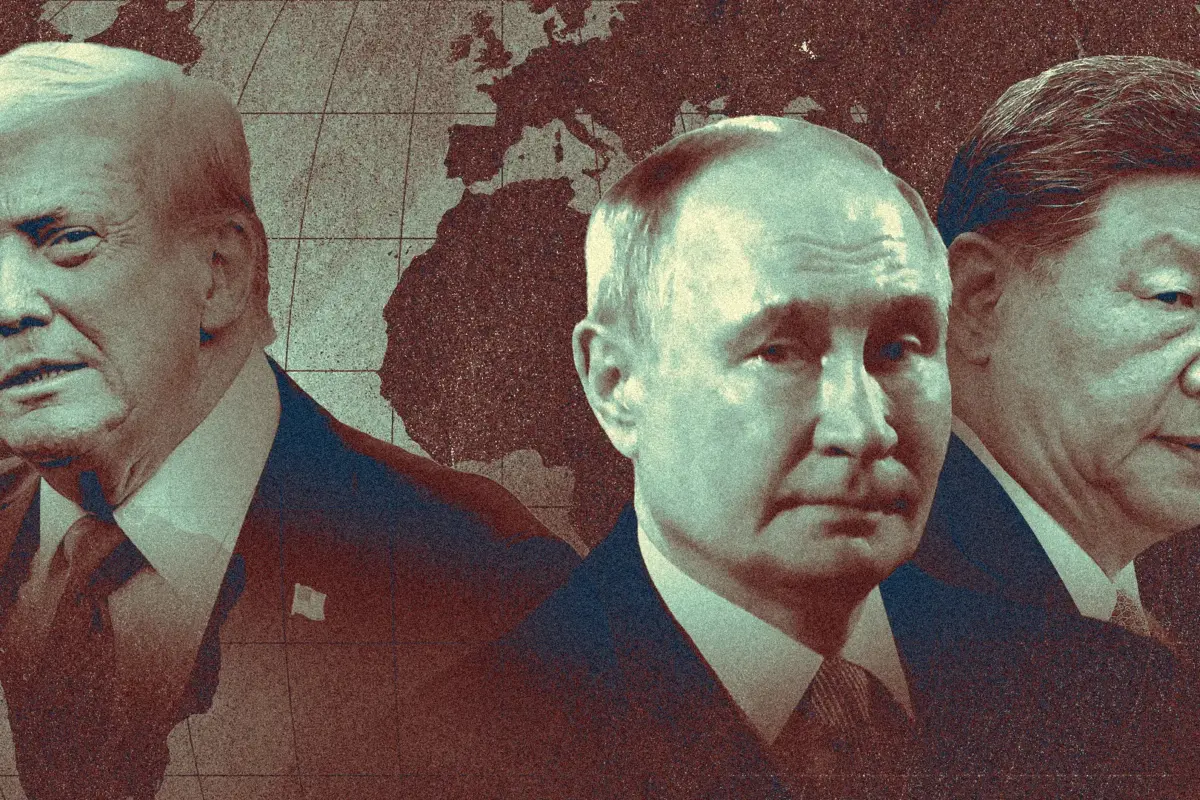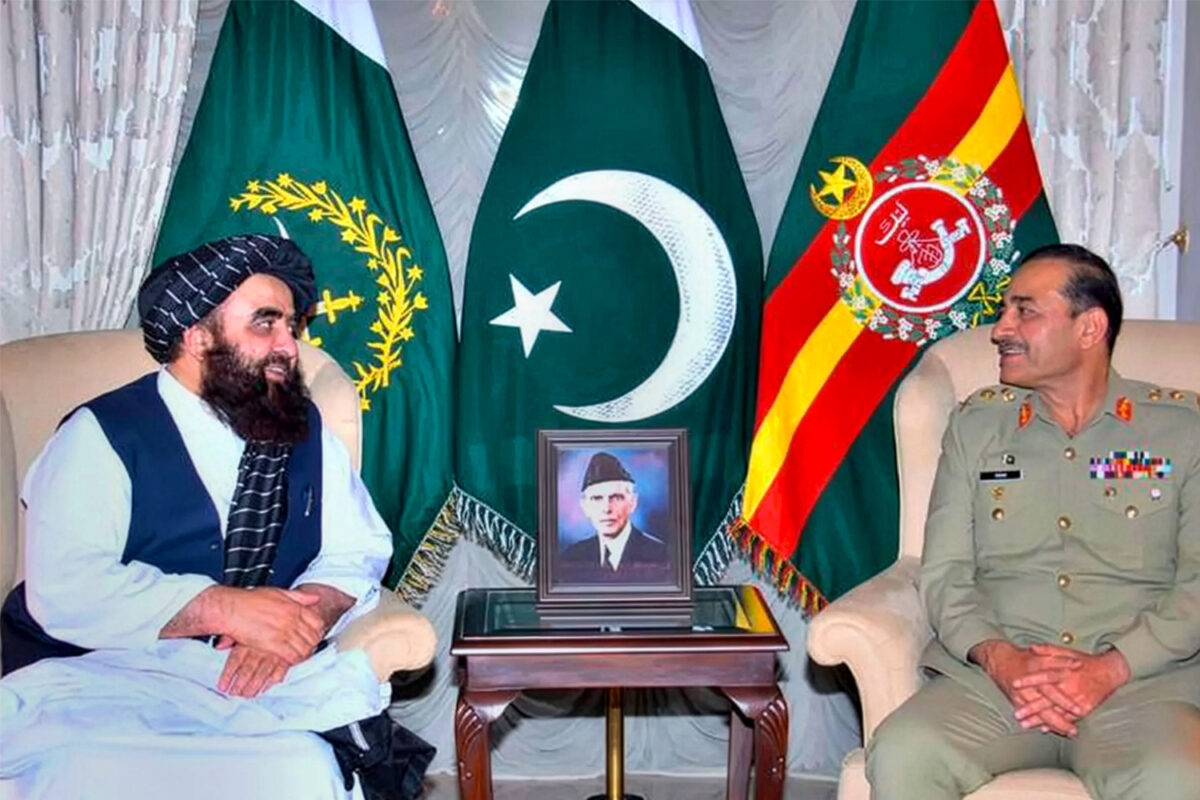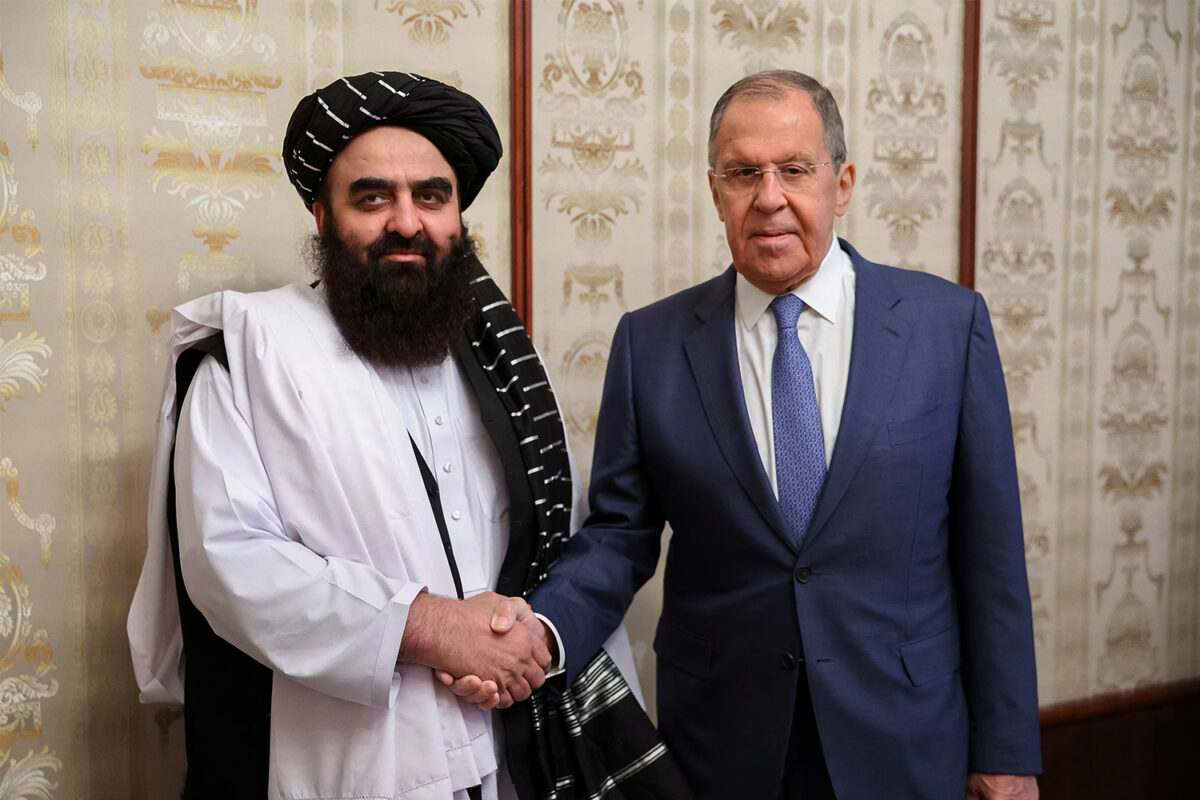On the afternoon of the 5th of August, the longest serving female leader in the world, Sheikh Hasina fled from her native Bangladesh without a leaving speech or a resignation letter. Crowds had begun to grow in size from the morning, with her security detail worried the long-term leader wouldn’t be able to flee. Hasina, clung to the idea that she could hold out against the throng converging on her. She reportedly resisted the advice of her security chiefs, who told her that their crackdown on anti-government protests had failed after claiming some 300 lives over a few weeks, that trying to suppress them would require much more bloodshed.[1] Hasina fled on a Air Force C-130 Hercules, she could probably see the crowds as she flew over Dhaka to India. 15 years of Hasina’s rule came to an unceremonious end, collapsing in the blink of an eye. It was not too long-ago that Hasina and Bangladesh were being touted as a model of economic development and a role model for other developing nations. But the house of cards collapsed and it’s all gone horribly wrong.
Sheikh Hasina, the daughter of Bangladesh’s founding father Sheikh Mujibur Rahman came to power for the second time in 2009 after an election organised by the army led caretaker government. Hasina and her Awami League party remained in government ever since, securing three electoral victories, which both domestic and international observers consider having been rigged with irregularities. Hasina built her regime advocating development and infrastructure construction. Hasina was able to build an image of economic competency with help from the media and security establishment.
For the last decade Hasina’s government boasted of its economic policies that led to 7% GDP growth. Domestic and international media outlets sang her praises of progress and exemplary development. Her global parrots turned a blind eye to national debt, corruption and the huge expenditure on her mega projects. These mega projects ran into trouble when they suffered delays and income streams failed to transpire. During COVID-19 the country’s foreign reserves reached a record high of $46.5 billion. These would halve as the mega projects began to consume more funds. As a result the value of the currency, the Taka, has lost more than one-third of its value against the US dollar.
Seeing Sri Lanka’s fall, Hasina’s government pre-emptively sought the IMF’s assistance in the hope of retaining the country’s credit rating. The IMF agreed to a $4.7 billion loan with the usual terms of structural changes of the economy, that included cutting subsidies, the imposition of new taxes, privatisation and an increase in the tariff of public sector suppliers. This caused a major problem as Bangladesh’s monthly import payment bill is on an average $6 billion. Like many other nations that borrowed from the IMF Hasina’s regime resorted to printing money. In the 2023 fiscal year the Central Bank printed around $9 billion equivalent value of Taka. This had a knock on effect on inflation, forcing prices to record highs. Bangladesh’s current food inflation is near 50%. When Hasina fled the country, this was the state she left the country in.
Hasina’s time in power saw her maintain close relations with the country’s security establishment. Within months of coming to power a paramilitary revolt resulted in the deaths of 57 army officers and their families. Hasina’s cousin and defence and security adviser General Tarique Ahmed Siddique neutralised all dissent within the military. The country’s military intelligence agency DGFI maintained secret torture cells, with many disappeared individuals having now been freed with the fall of the Hasina government. The National Telecommunication Monitoring Centre (NTMC) was established in 2008 to monitor social media and the national mobile network. These were the lengths Hasina went to in order to maintain her rule. Hasina along with the security establishment created an atmosphere of fear across the country in order to solidify her long rule. Her excessive use of the police to maintain her rule was intended to maintain her position as the nation’s de facto ruler.
For the moment, despite weeks of unrest, there has been no announcements on systemic, structural or institutional changes
A New Dawn?
It has now been a week since Hasina’s fall and things are already moving quickly. Bangladesh now has a new interim government with Nobel laureate Dr Muhammed Yunus sworn in as chief minister of Bangladesh. Younis is a darling of the West and a regular attendee at the World Economic Forum (WEF) gatherings who has close ties with the Clintons. He is well known in the West for his use of microcredit to the poor. He described Hasina’s resignation as the country’s “second liberation day.” Other members of the 17-member interim government, referred to as “advisers,” include a diverse range of prominent figures: renowned human rights defenders, legal experts, influential founders of nongovernmental organisations, economists, academics, a retired military officer and two key coordinators from the student-led movement.
For the moment, despite weeks of unrest, there has been no announcements on systemic, structural or institutional changes. Aside from the change in personnel, the pre-revolutionary system remains in place and there appears to be no plans for any changes to it.
The international response has been rather mute. The US has been positive over the appointment of Younis. A US official said the: “Yunus-led Interim govt will play vital role in long-term political stability.”[2]
Indian External Affairs Minister S. Jaishankar said that his government’s priority was protecting Indian citizens and Hindu minorities amid a surge of anti-Hindu violence in Bangladesh. The Bangladesh Nationalist Party (BNP) leaders welcomed Hasina’s resignation, which will now open the door for them to play a role in the future government as well as elections. The Army chief called for the release of former PM and BNP chairperson Khaleda Zia. As well as other BNP leaders who were imprisoned under Hasina.
The speed with which Hasina went from being Bangladesh’s longtime ruler to exile was swift. Despite over a decade of rule her downfall came due to a force she was not expecting and one not seen before Bangladesh: a mass grassroots movement with seemingly no political affiliation. This grassroot movement created an atmosphere of change that forced the country’s military to topple Hasina. As Reuters reported: “Bangladesh army refused to suppress protest, sealing Hasina’s fate.”[3] The message was clear, Hasina no longer had the army’s support. It suggests the regime, in the end, was very brittle. Patronage networks among the bureaucracy and security establishment and the military kept the regime afloat, but these beneficiaries’ commitment to the regime was not built on any deep loyalty and could change at a moment’s notice. Over the years, the country’s power brokers became alienated from the public and entirely dependent on the coercive institutions of the state. They could not withstand the challenge of the mass upsurge that threatened to overwhelm those institutions.
Bangladesh has a new government this week compared to the week before. This government is an interim one with elections due in three months. Now the people of Bangladesh need to decide if they want real change, which requires structural and systemic transformation. There are many factions who are vying for power and will want to bend the country to their advantage. The seventh most populous country in the world will now need to decide if their revolution will go the same way as the Arab Spring, or will their sacrifices see systemic and institutional change.
[1] Bangladesh Prime Minister’s Sheikh Hasina’s Chaotic Final Hours – The New York Times (nytimes.com)
[3] Exclusive: Bangladesh army refused to suppress protest, sealing Hasina’s fate | Reuters




